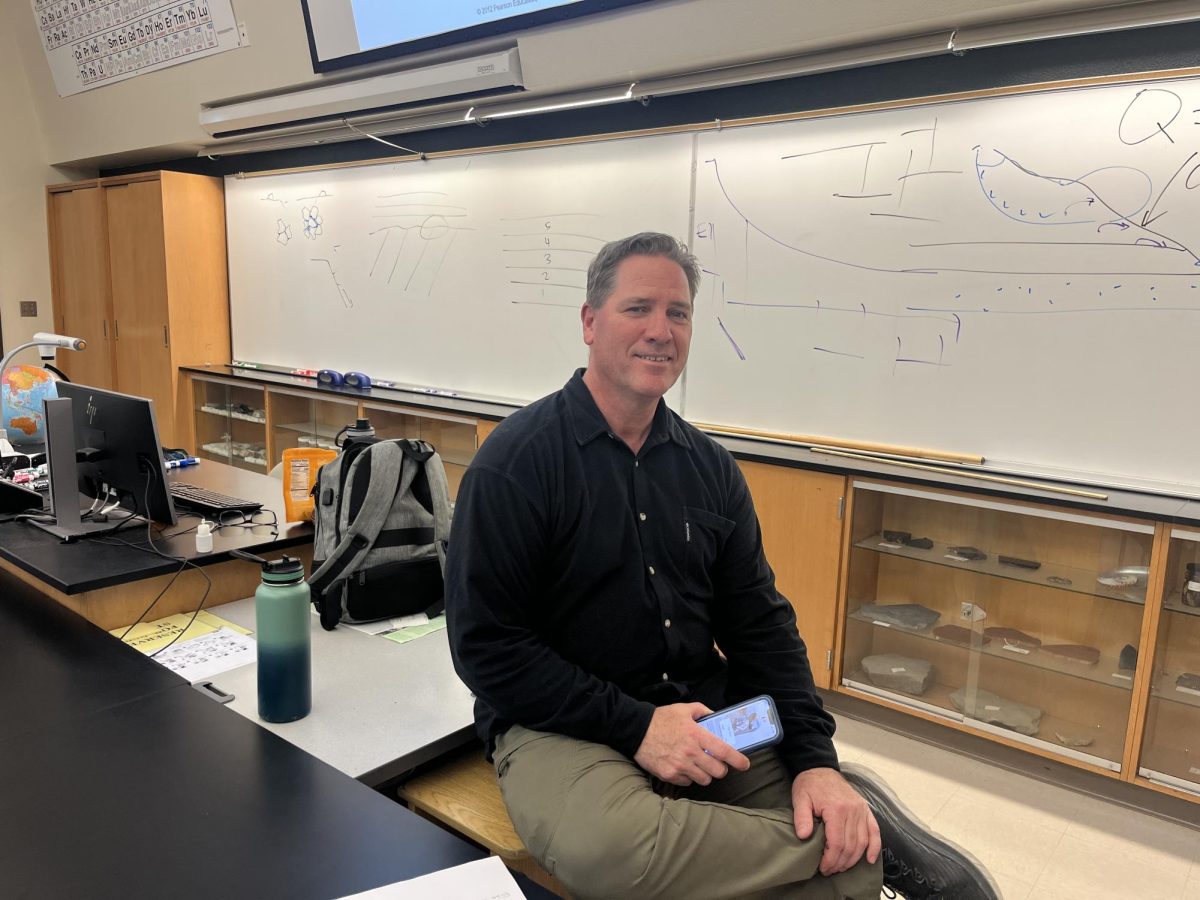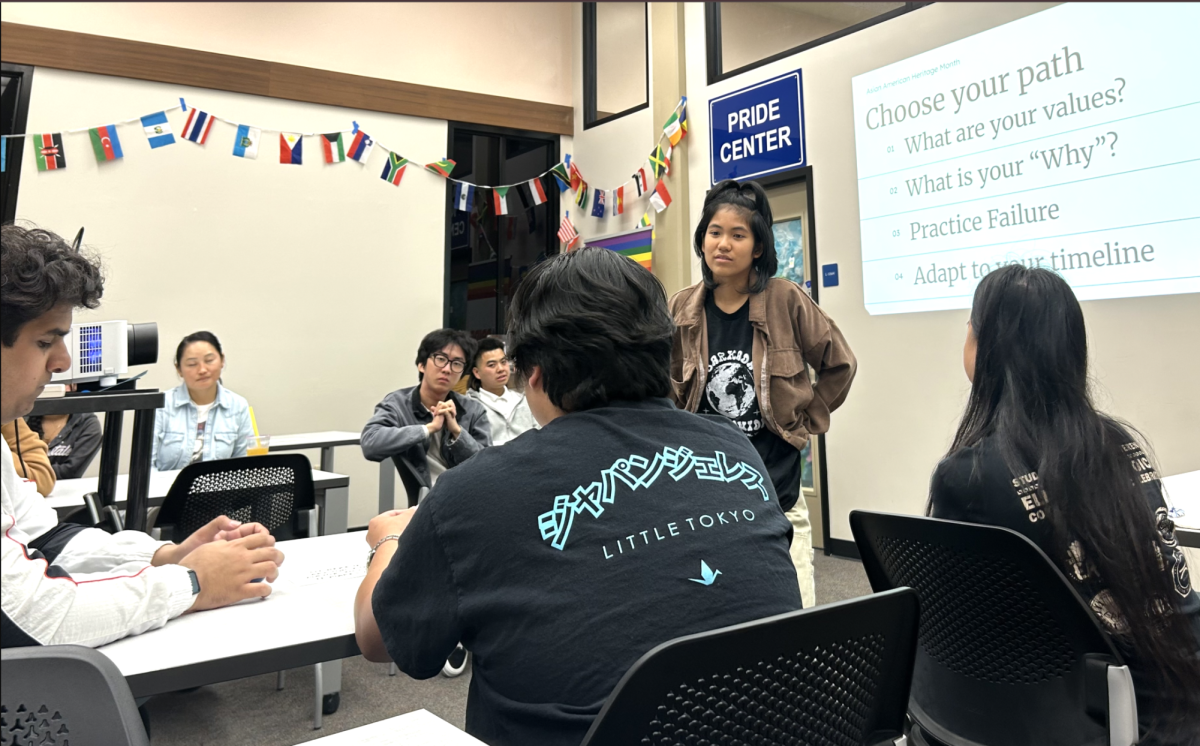Honors seminars prepare students for universities, but are not available often
December 9, 2014
College is a time for students to break out of their shells and realize their potential.
The honors classes at Cosumnes River College are one way that students can discover themselves and their interests.
The honors seminars at CRC are “designed specifically for academically accomplished students, or those with the potential for high academic achievement,” according to the CRC website.
Philosophy Professor Richard Schubert, who will teach the philosphy of martial arts next spring, said he became head of the program three years ago because he felt that he could get the seminars properly funded.
The honors seminar classes at CRC were originally funded by a government program called Project for Excellence, but in the 1990s the program lost a lot of that funding.
Currently, the program is fully funded through the office of the vice president of instruction.
The honors seminars are meant to give students preparation for undergraduate and graduate degrees and make them more appealing to other schools.
Only three honors courses are taught a year by different faculty members, Schubert said.
The honors program has restricted admission and requires a student to submit an application to get into classes.
“Students are chosen based on how they will contribute to the education the other students will receive,” Schubert said.
Even though funding only allows honors classes a few times a year, Annuciata Ezeli, a 21-year-old nutrition major, said she thinks that it could be a good thing.
“Yes, it makes for more competition,” Ezelia said.
Anyone who shows academic potential can be accepted into the program, Schubert said.
“Taking one course makes you stand out as an applicant [to colleges],” Schubert said.
Schubert said the program is expanding for students to count honors courses as credits on the Intersegmental General Education Transfer Curriculum.
“In the past these classes were added value courses, simply for student enrichment,” Schubert said. “Now it can work for both.”
There are students who agree with Schubert and want the programs to be offered more frequently.
“If it’s not offered, there is a disadvantage. You’re not able to take the courses throughout your time here,” said Steven Hoang, a 24-year-old computer science major.
Schubert said that he models his course after a similar class that he taught at University of California, Davis.
The class structure and teaching is different in the seminars compared to a normal class.
Schubert said that during the first part of the semester he teaches the class and after that students in the classes teach the lessons. The class is set up this way to help students learn and interact with each other and Schubert as well.
“Seminars are small by design,” Schubert said. “Students get to know one another compared to other classes on campus.”
This past September, the program held a roundtable discussion that consisted of former and present honors students.
The roundtable is an additional environment outside of the seminars to “provide a more stimulating experience” to help students discuss an academic subject he said.
Schubert knows the program is and can be more successful because he said many of the students come back to him and tell him that these honor courses prepared them for undergraduate and graduate programs.





